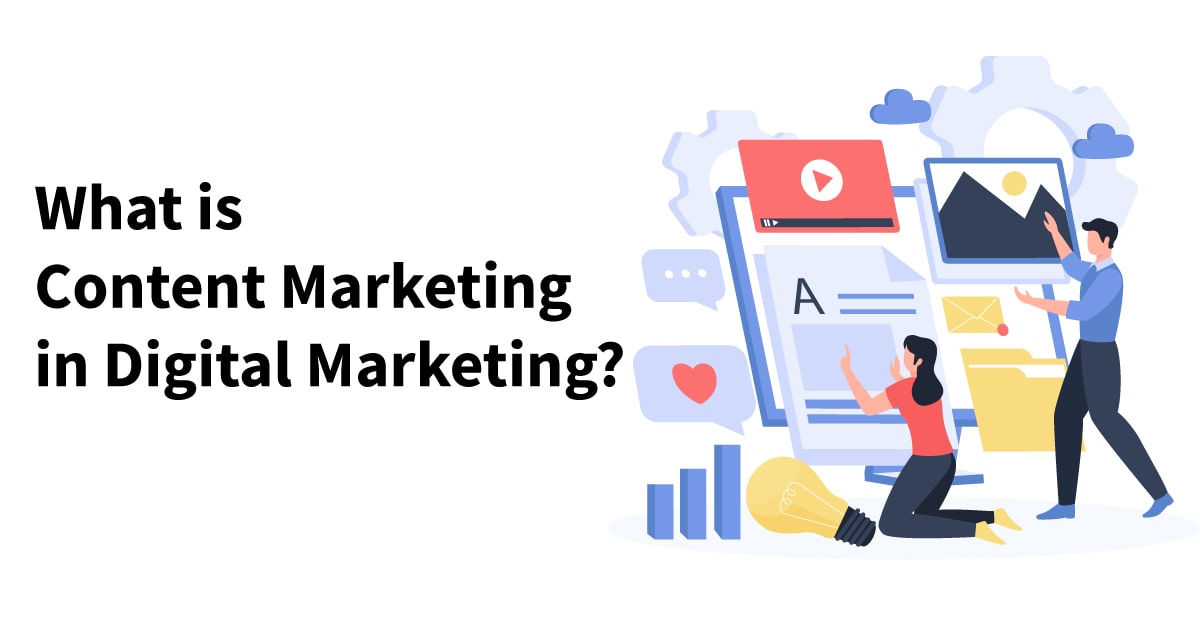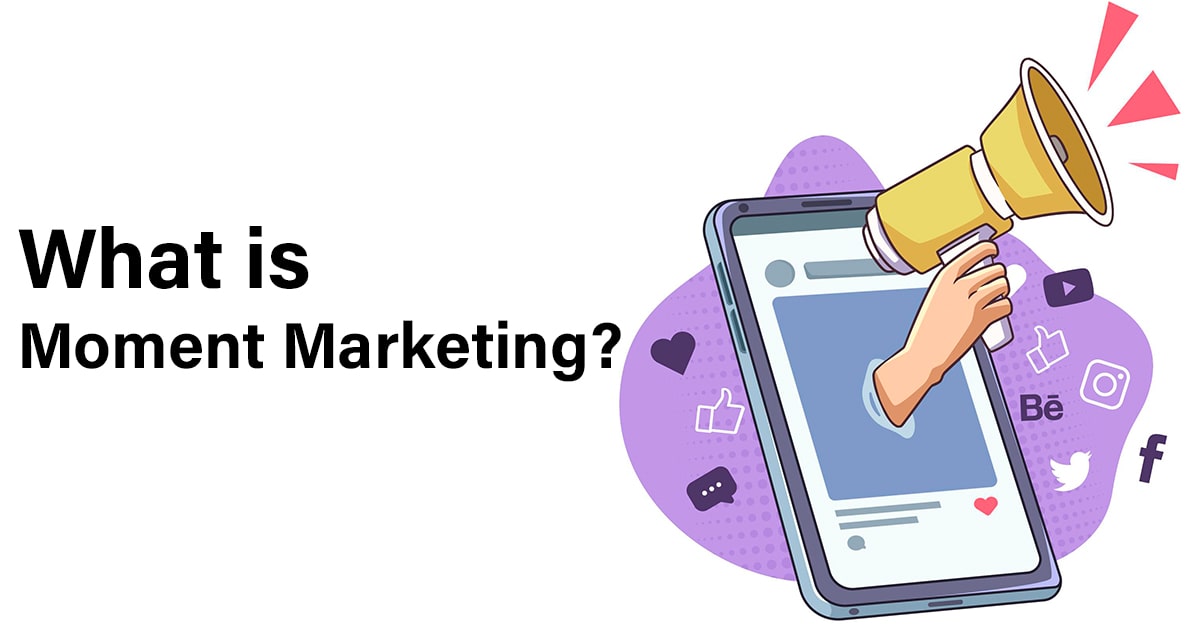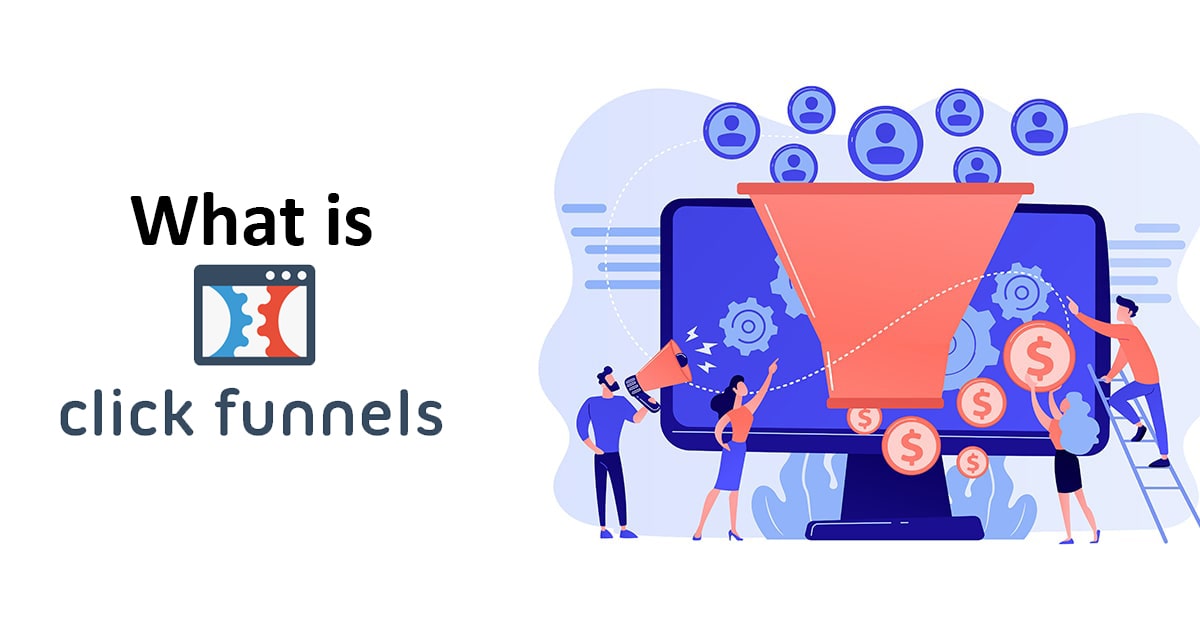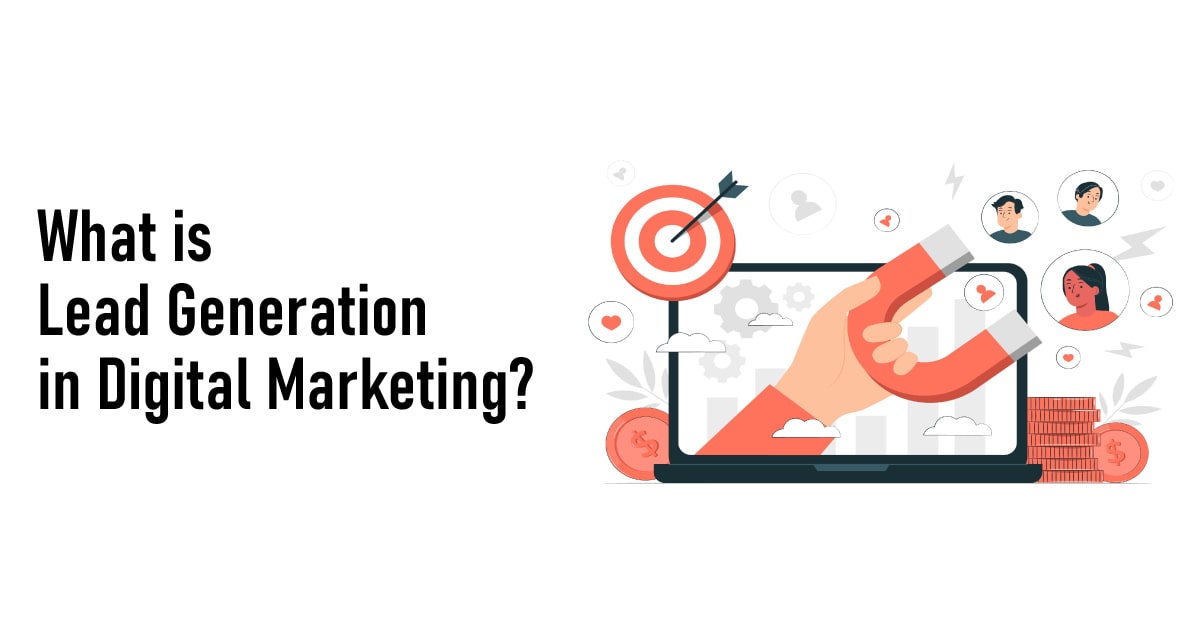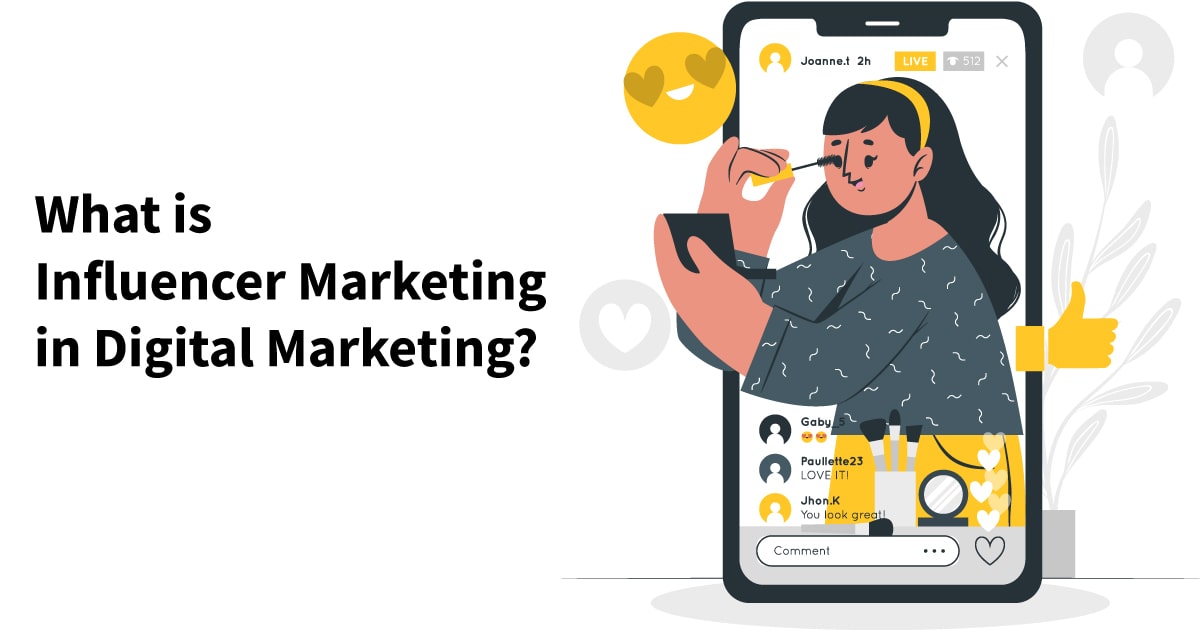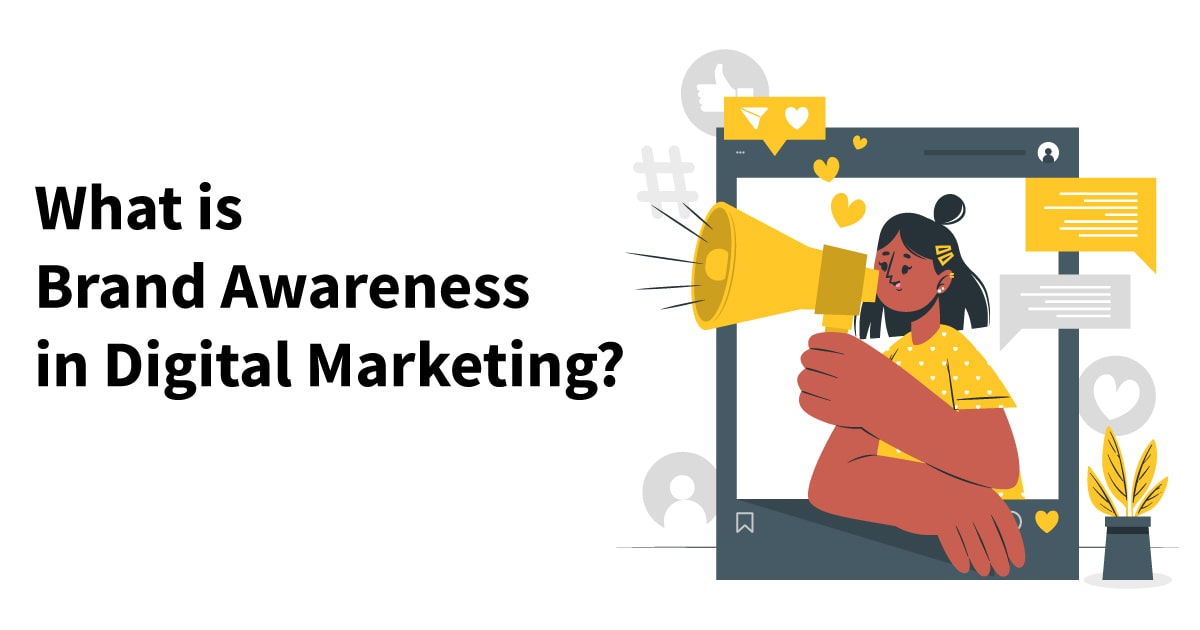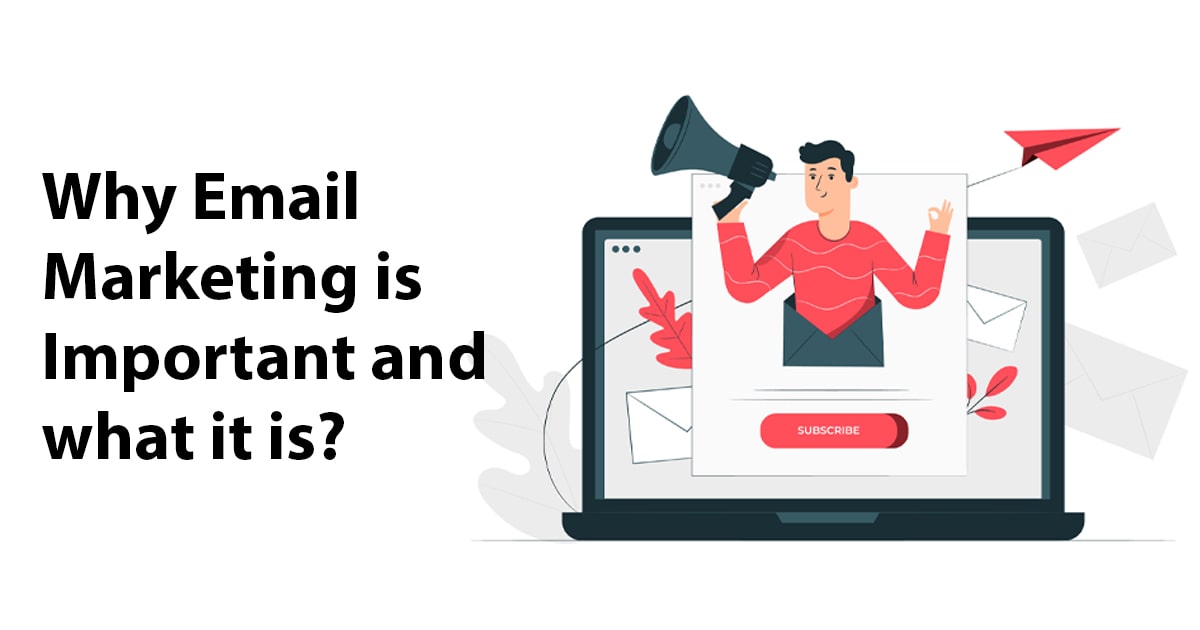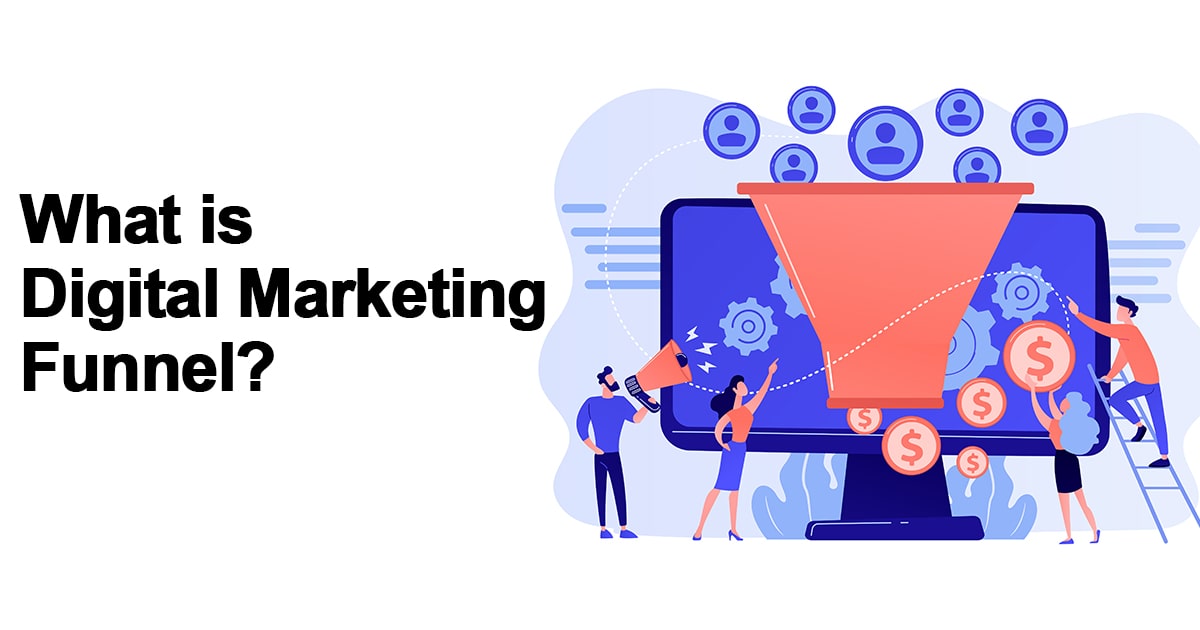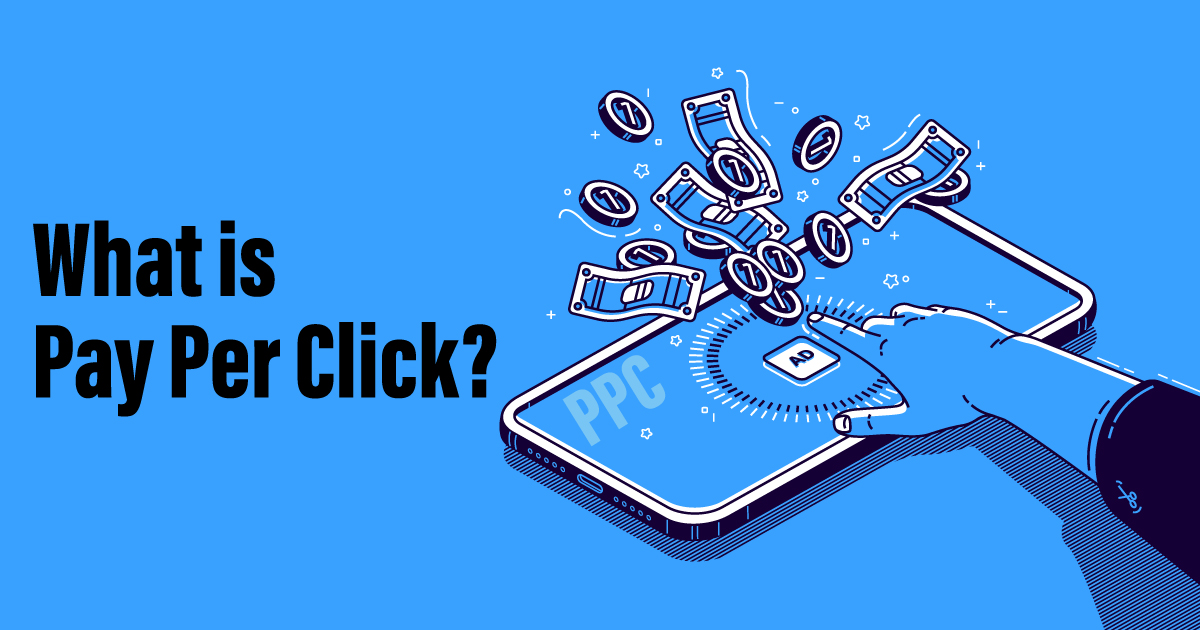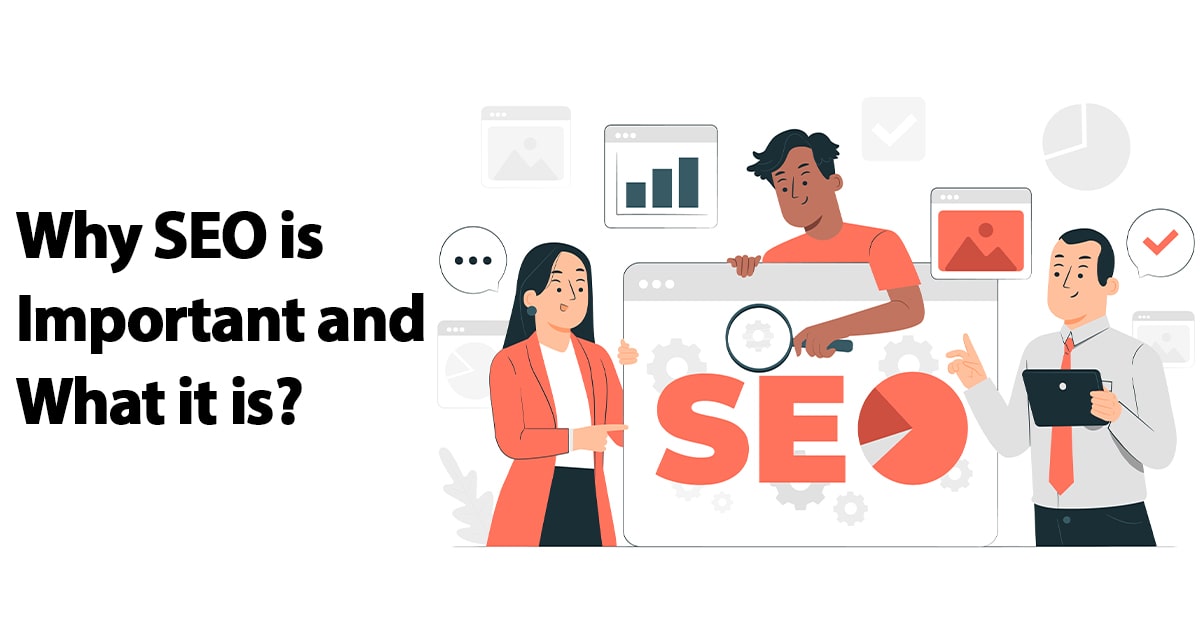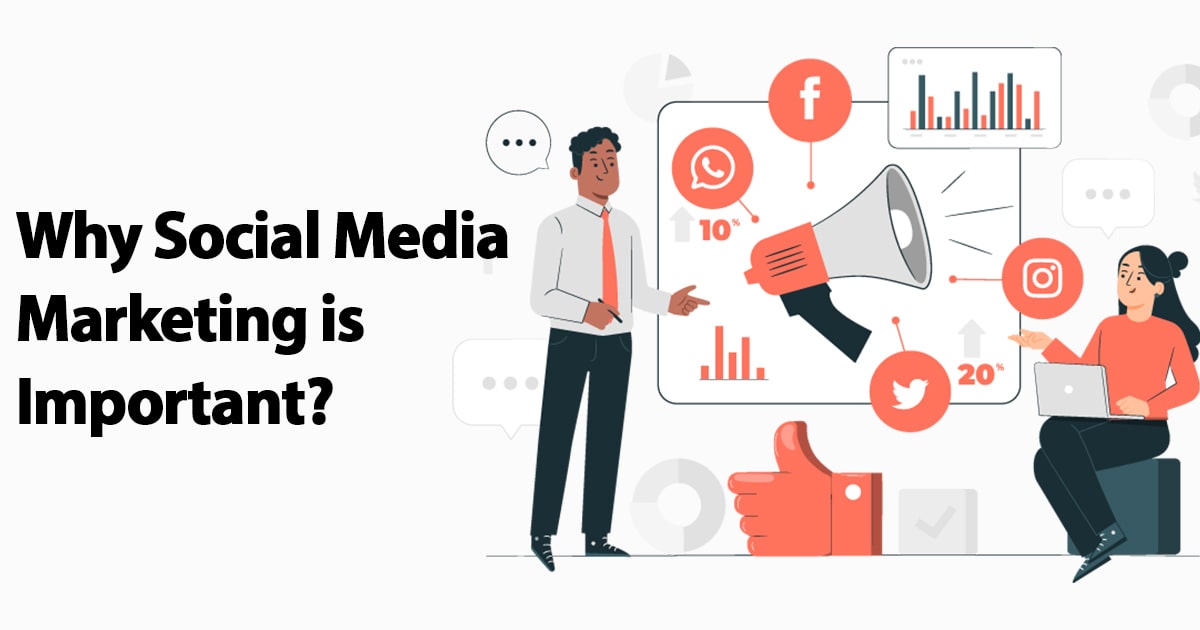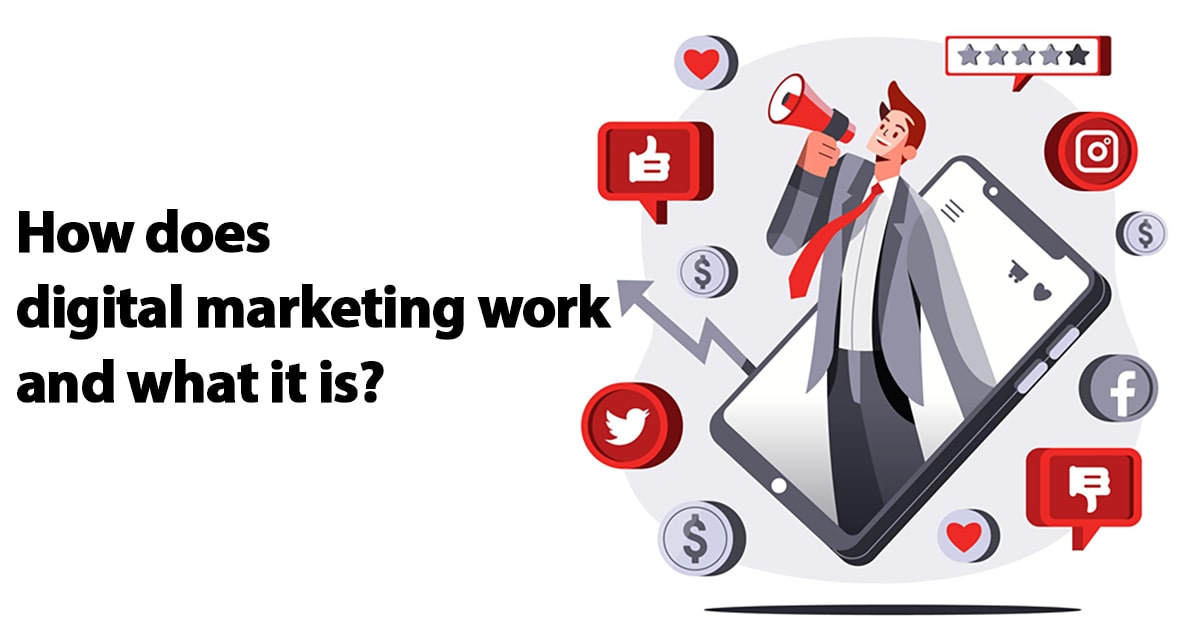Content marketing is the practice of creating and distributing relevant and valuable content to attract and retain an audience — and, ultimately, to drive profitable customer action. It’s one of the most important digital marketing strategies available today.
Content marketing can include many different types of content, like blog posts, videos, podcasts, ebooks, infographics, white papers and more. Content should be created with the intent to educate audiences about your brand or industry topics — not to explicitly promote your products or services. By doing so, you can establish yourself as an authoritative voice in your market while also driving qualified leads back to your business.
In this article we’ll explore what content marketing is in further detail and how it can be used in any digital marketing strategy.
Types Of Content Marketing
There are many different types of content marketing that can be used in digital marketing. Here are a few of the most common:
- Blog Posts: A blog post is a piece of writing that is published on a website or blog. They can be about anything, but are usually informative or opinion pieces.
- Articles: Articles are similar to blog posts, but they are usually longer and more in-depth. They are often published in magazines or online journals.
- Social Media posts: Social media posts are short pieces of content that are published on social media platforms such as Twitter, Facebook, or Instagram.
- Videos: Videos are a great way to engage an audience and promote your brand or product. They can be educational, entertaining, or both.
- Infographics: Infographics are visual representations of information or data. They can be used to make complex concepts easier to understand or to simply convey a lot of information in a visually appealing way.
Why is content marketing important?
Content marketing is one of the most important aspects of digital marketing. It allows businesses to connect with their audience and create a relationship with them. Content marketing can be used to build brand awareness, generate leads, and even close sales.
When done correctly, content marketing can be an extremely effective way to reach and engage your target audience. It can help you build trust and credibility with your audience, which can lead to more customers and sales.
Purposes of Content Marketing
Content marketing is a strategic marketing approach focused on creating and distributing valuable, relevant, and consistent content to attract and retain a clearly-defined audience — and, ultimately, to drive profitable customer action.
The purpose of content marketing is to build relationships with potential and current customers by providing them with information that is valuable to them. Content marketing can be used to achieve a variety of different goals, including:
- Generating leads: Content can be used to generate leads for your business by providing potential customers with information that is relevant to their needs and interests.
- Nurturing relationships: By providing valuable content on a regular basis, you can nurture relationships with both potential and current customers, helping to turn them into loyal advocates for your business.
- Building brand awareness: Consistently producing high-quality content can help you build awareness for your brand and position you as a thought leader in your industry.
Best Content Marketing Practices
When it comes to content marketing, there is no one-size-fits-all solution. However, there are some best practices that all businesses should follow to ensure their content is effective.
First and foremost, businesses need to have a clear understanding of their audience. What are their needs and wants? What type of content will resonate with them? Once you know your audience, you can create content that appeals to them and provides value.
Remember that not all content has to be directly promoting your product or service. In fact, some of the most effective content is educational or entertaining. As long as it’s relevant to your target audience, it can help you build relationships and drive conversions.
It’s also important to keep your content fresh. Regularly publishing new and original content helps keep people coming back for more, and it also boosts your search engine ranking. Keep an editorial calendar to help you plan and publish new content on a consistent basis.
Finally, don’t forget to promote your content! Share it on social media, email it to your list, and do whatever else you can to get it in front of as many people as possible.
Benefits of content marketing
When it comes to digital marketing, content is king. That’s because without strong and valuable content, your digital marketing campaigns will fall flat. That’s why developing a content marketing strategy should be a top priority for any business that wants to succeed in the digital space.
There are countless benefits of investing in a solid content marketing strategy. Here are just a few of the most notable ones:
- Builds trust and credibility: By providing your audience with helpful information that meets their needs and answers their questions, you can build trust and credibility with them. And when they trust you, they’re more likely to do business with you.
- Cost-effectiveness: Content marketing can be a cost-effective way to reach and engage with your target audience, as it often requires fewer resources than traditional forms of advertising.
- Improved search engine rankings: By creating and sharing high-quality, relevant content, you can improve your website's search engine rankings, which can drive more organic traffic to your site.
- Increased brand awareness: Content marketing can help increase brand awareness by providing valuable information to your target audience. When people see your brand consistently providing valuable content, they are more likely to remember and trust your brand.
- Lead generation: By creating content that addresses the needs and challenges of your target audience, you can generate leads by attracting people who are interested in your products or services.
- Customer loyalty: By providing valuable content that helps your customers solve problems or meet their needs, you can foster customer loyalty and encourage them to continue doing business with you.
- Improved customer engagement: Content marketing can help improve customer engagement by providing a platform for interacting with your customers and building relationships with them.
- Increased sales: By providing valuable content that helps educate and persuade potential customers, you can increase sales and convert more leads into paying customers.
Conclusion
Content marketing is an essential part of digital marketing, as it helps create an engaging relationship with customers and ultimately drives sales. It involves creating content that educates consumers about a brand’s products or services, thus providing value to them beyond just making purchases.
Content marketing can be used in various forms such as blogs, social media posts, videos and more. When done correctly, content marketing can help boost organic search engine rankings for your website and increase conversions over time.


